What a great week in St. Pete – the Tampa Bay Rays start their season at Tropicana Field and the great jazzman Branford Marsalis stops by the Palladium with his quartet. I’ll be cheering on the Rays on Wednesday night and then cheering on Branford and his band on Thursday.
I’ll be there along with a full-house of jazz and music lovers. To get us prepped for this show, I’m posting this article from the Dayton City Paper written when Branford and his band stopped through town a year ago.
Enjoy the article and I’ll see you Thursday night at the show. If you haven’t gotten tickets yet, some prime seats were just released, so visit the Palladium box office online or call 727 822-3590.
Here’s the story:
By Khalid Moss/Dayton City Paper
Harlem-born author, James Baldwin, once mused “…There is no music like that music, no drama like the drama of saints rejoicing, the sinners moaning, the tambourines racing, and all those voices coming together and crying holy unto the lord! I have never seen anything to equal the fire and excitement that sometimes, without warning, fills a church, causing the church to rock.”
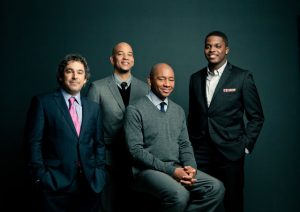
Branford Marsalis Quartet
Baldwin probably never heard jazz saxophonist Branford Marsalis race through the chord changes to “Cherokee” but Marsalis’ music crackles with the same “fire and excitement” that can burn a hole through your soul.
The Marsalis family is the gold standard in modern jazz. Led by its patriarch, New Orleans pianist Ellis Marsalis, the family has established a dynasty in the jazz world that is without peer. Branford is the oldest member of the talented musical clan that includes trumpeter Wynton – composer and leader of the Jazz at Lincoln Center Orchestra – the electrifying trombonist Delfeayo and the youngest sibling, drummer Jason.
Branford, born Aug. 26, 1960, heads up the high-energy Branford Marsalis Quartet, a group of musicians that understands the gritty particulars behind a sweeping gesture. Marsalis, as a soloist, has strong and sophisticated ideas. A fiendishly gifted composer, he was nominated and won the 2010 New York Drama Desk award for “Best Music In A Play” and nominated for a 2010 Tony Award for “Best Original Music or Score” for the revival of August Wilson’s “Fences.”
Marsalis has been on the music scene since 1980 when he abandoned his studies at the Berklee School of Music to hit the road with the Art Blakey Quintet. After a stint with pop singer Sting, and a fleeting period as musical director of NBC’s “The Tonight Show with Jay Leno” he returned to New York in 2001 and began his solo career.
Although he is in constant demand, I asked his thoughts about a statement made by his brother Wynton regarding their formative years. Specifically, Wynton revealed that when they were still young sidekicks in New Orleans, he (Wynton) never thought they would become successful professional musicians because they looked up to their father, a piano prodigy, who, at the time, wasn’t getting much work.
“I didn’t know if I had the talent to make it,” he recalled. “There were plenty of people who were ‘making it’ who had very little talent in my view. So I decided to become the best musician I could be, since that was all I could control. I got plenty of work before I was what I consider a good musician. Whatever my bosses heard in my playing, I am appreciative.”
In addition to his proficiency in the jazz idiom, Marsalis is also an accomplished classical musician. In July 2010, he made his debut with the New York Philharmonic Orchestra on the great lawn at Central Park. He said he uses a specific horn for the crossover from jazz to classical music.
“For classical music, I use a Cannonball Vintage tenor saxophone with a Vandoren T-25 tenor mouthpiece and a Vandoren Classic reed (size 5.0),” he said. “On pure jazz gigs I pull out a Yamaha Custom Z soprano saxophone with a Vandoren V-12 Clarinet Reed and a Cannonball Godiva alto saxophone, a Vandoren AL-3 mouthpiece and a Vandoren Classic reed (size 4).”
Marsalis has traveled an oblique route on his mission to jazz prominence. From an older brother hanging on the coattails of his younger sibling to being mentioned in the same breath as jazz giants John Coltrane, Cannonball Adderly and Sonny Rollins is an enormous accomplishment. Many of his modern musical stylings have been sculpted by his highly collaborative quartet. This tight-knit working band invites listeners to delve into its enchanting world of musical cohesion.
“I have Joey Calderazzo on piano,” Marsalis said. “He’s from New Rochelle, N.Y. When pianist Kenny Kirkland died in 1988, I hired Joey to take over the piano chair. He now lives in North Carolina and continues to work as a soloist, in a trio setting and as part of my quartet. Bassist Eric Revis is from Los Angeles. He studied with my father (Ellis) at the University of New Orleans and played with the great jazz vocalist Betty Carter before joining my band. My drummer is Justin Faulkner.”
A steady drone in academic circles and other venues these days is the demise of jazz and disappearance of a jazz culture that was so rich and vibrant prior to the 1990s. The jazz scene has been vaporized by the spurious, counterfeit, snake-oil salesmen who have invaded the infrastructure of the music business. This trend has not gone unnoticed by Marsalis.
“Jazz has not been played regularly on the radio since the ‘40s,” he said. “As radio stations mined for more profits, the narrowing of the definitions began. So the era of where (John) Coltrane could have his version of ‘My Favorite Things’ played on the radio disappeared. The end result is less and less curiosity and the strident demand to hear only that with which we are familiar or comfortable with. Look at the diversity of the pop charts in 1969 compared to now. That being said, popular acceptance is not a reason one chooses to play jazz. You have to accept the realities of your choice and move on.”

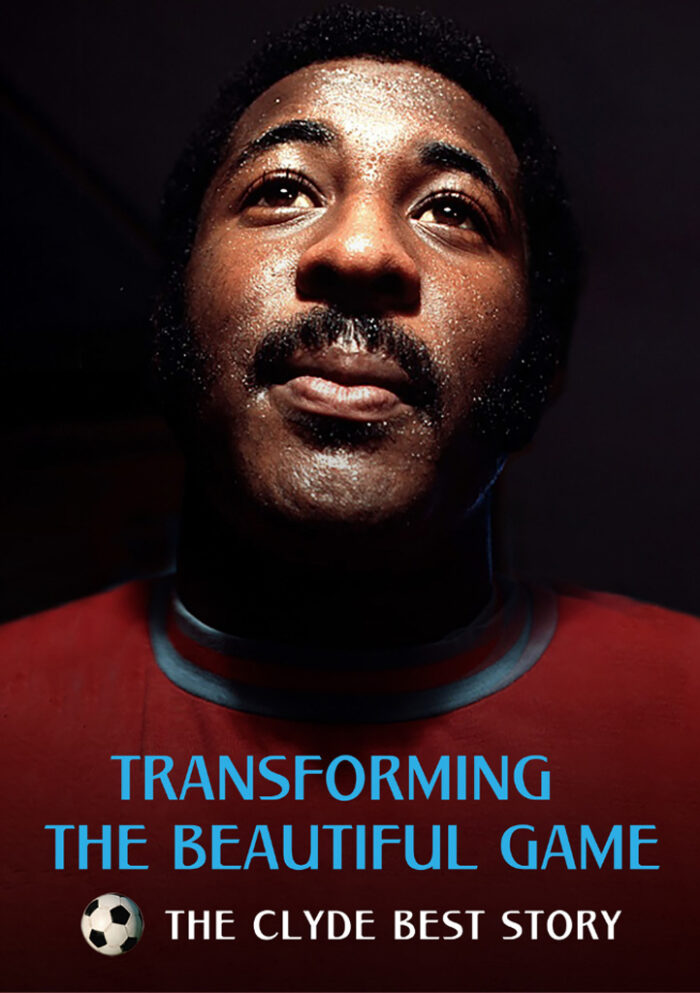
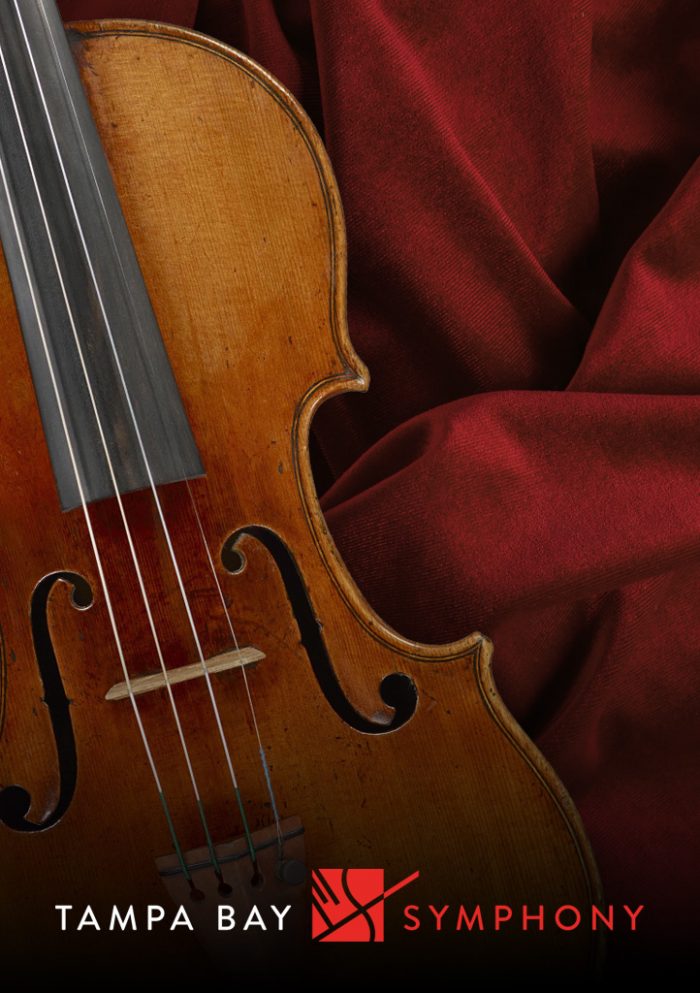
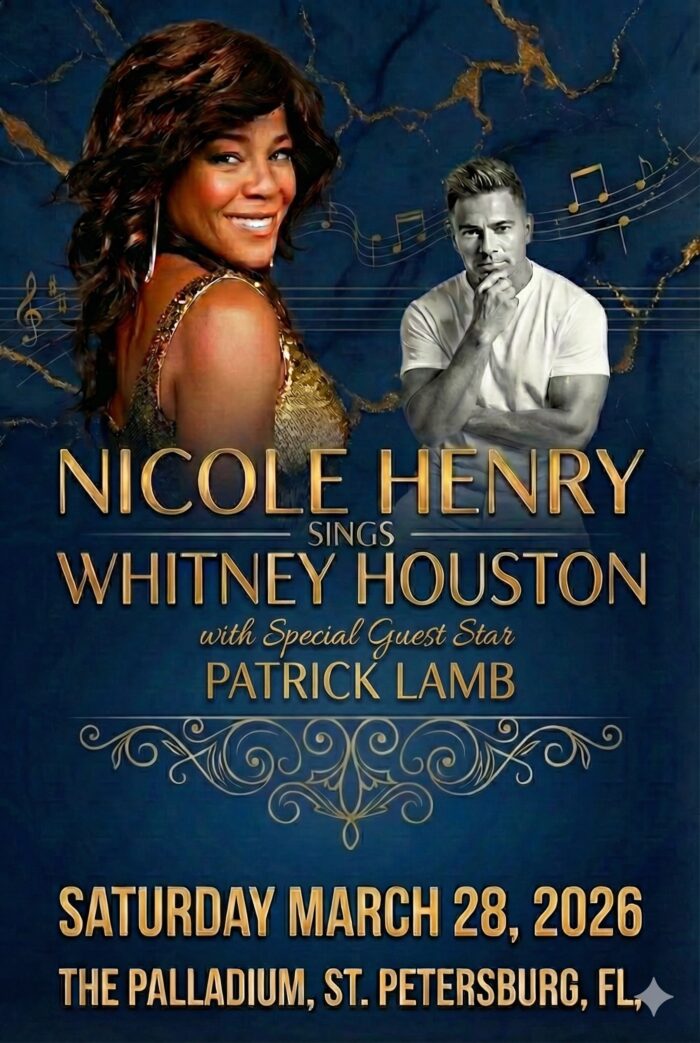
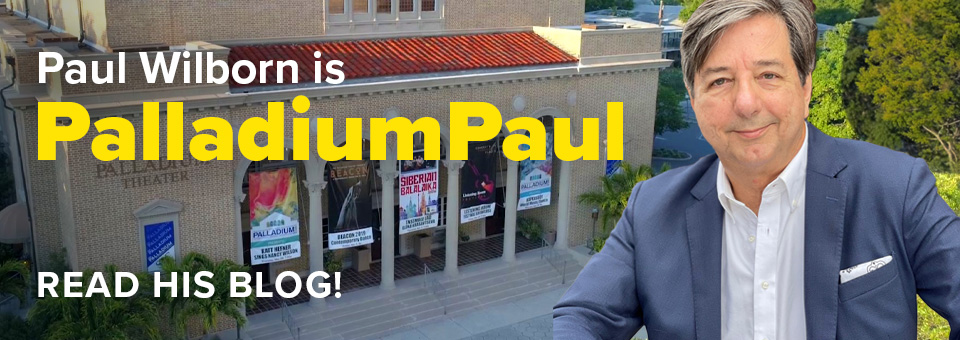



Leave a Reply